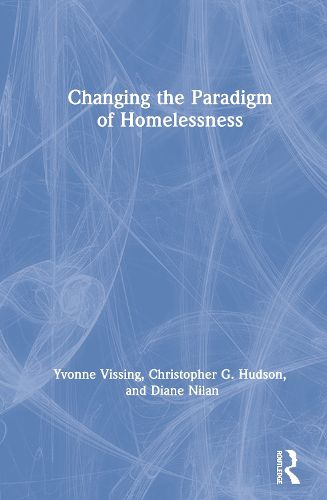Readings Newsletter
Become a Readings Member to make your shopping experience even easier.
Sign in or sign up for free!
You’re not far away from qualifying for FREE standard shipping within Australia
You’ve qualified for FREE standard shipping within Australia
The cart is loading…






Changing the Paradigm of Homelessness offers a comprehensive look at family housing distress related to the homelessness epidemic in the United States. This book explores the causes and consequences of this epidemic and proposes drastic changes in America’s historically ill-fated approach to family homelessness. By describing this crisis in detail, the authors enlighten readers to the scope of this issue, describe those impacted by it, and outline ways to shift public policies and public perceptions. The authors interweave scholarly concepts with insights of those who are currently or previously homeless, and, in doing so, they show the importance of academic knowledge influencing policy decisions and the ways in which these influences impact the lives of real persons. This book, then, uses pedagogy, policy, and pragmatism to critique the United States’ approach to family homelessness.
$9.00 standard shipping within Australia
FREE standard shipping within Australia for orders over $100.00
Express & International shipping calculated at checkout
Changing the Paradigm of Homelessness offers a comprehensive look at family housing distress related to the homelessness epidemic in the United States. This book explores the causes and consequences of this epidemic and proposes drastic changes in America’s historically ill-fated approach to family homelessness. By describing this crisis in detail, the authors enlighten readers to the scope of this issue, describe those impacted by it, and outline ways to shift public policies and public perceptions. The authors interweave scholarly concepts with insights of those who are currently or previously homeless, and, in doing so, they show the importance of academic knowledge influencing policy decisions and the ways in which these influences impact the lives of real persons. This book, then, uses pedagogy, policy, and pragmatism to critique the United States’ approach to family homelessness.